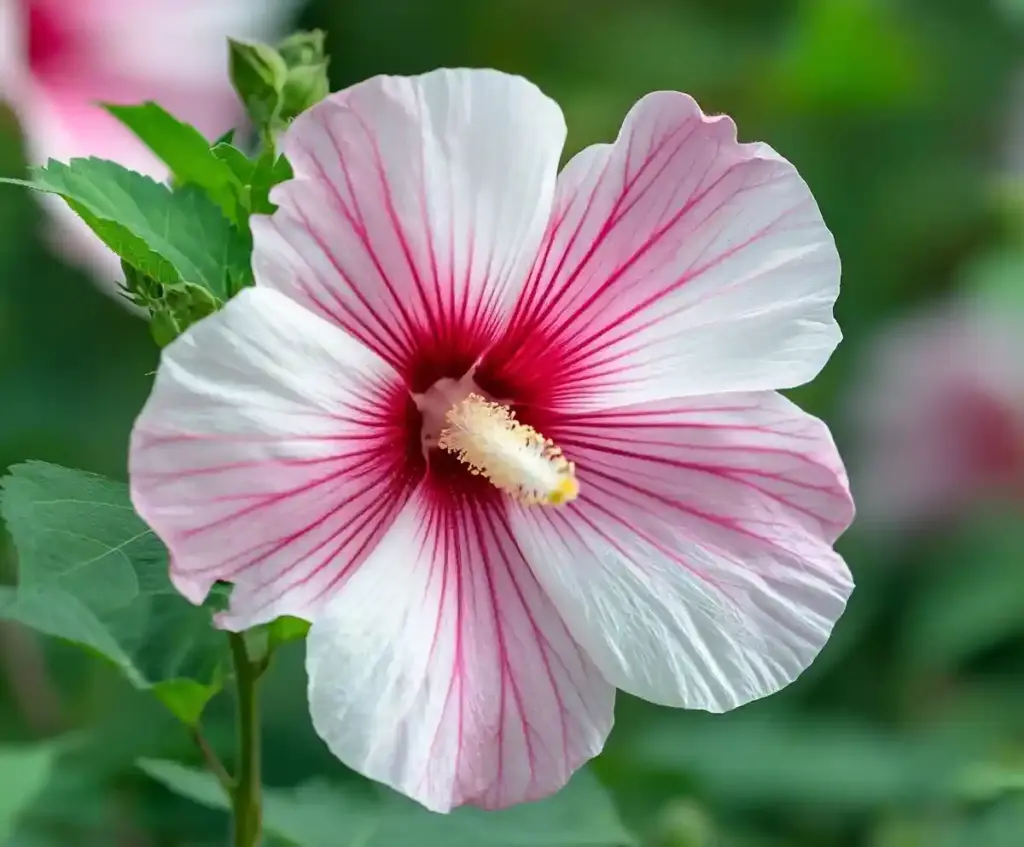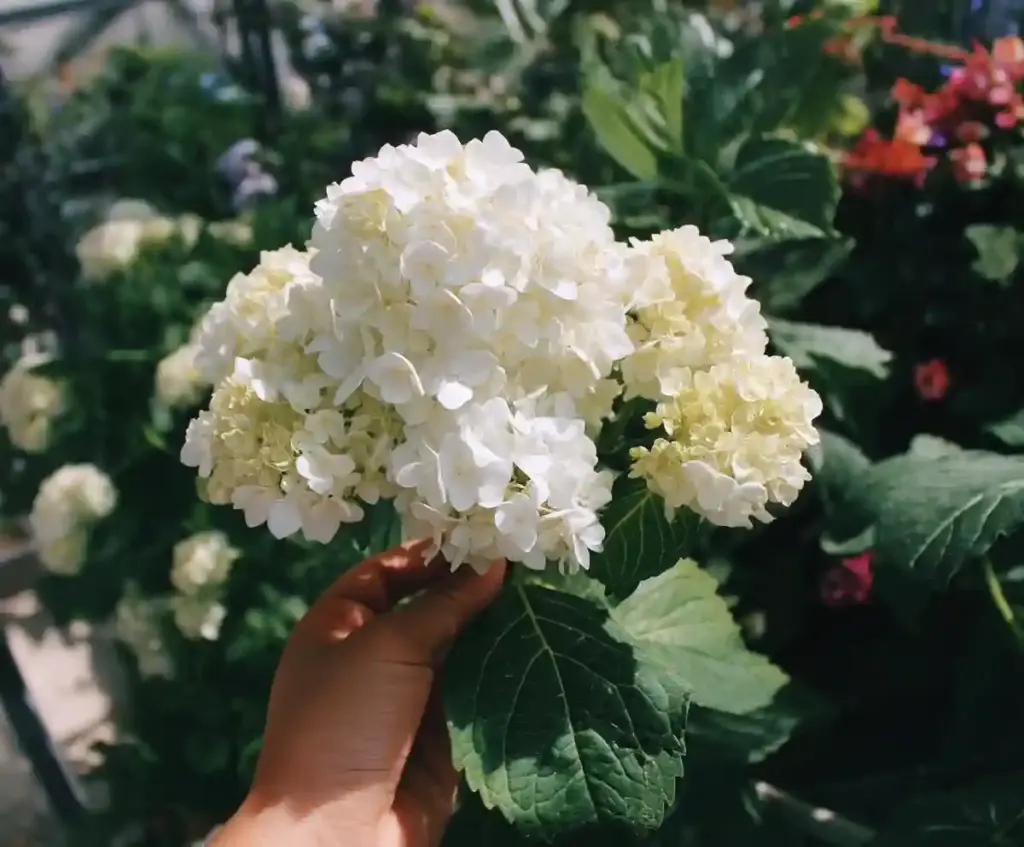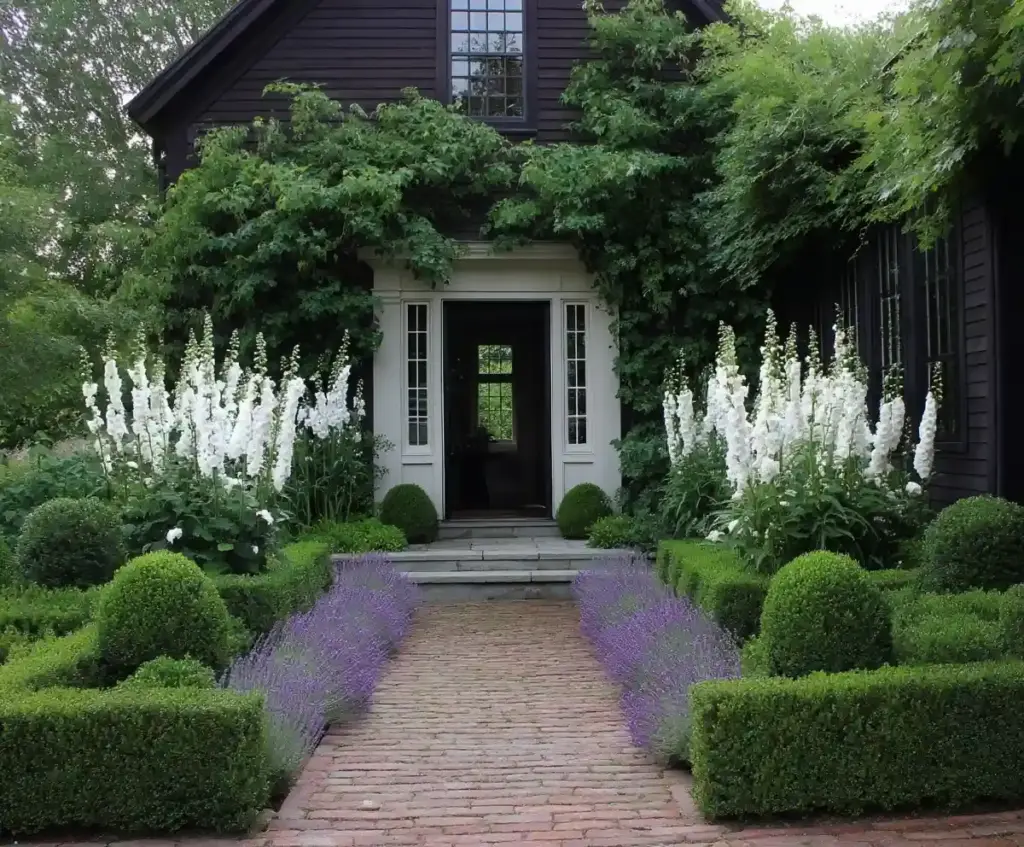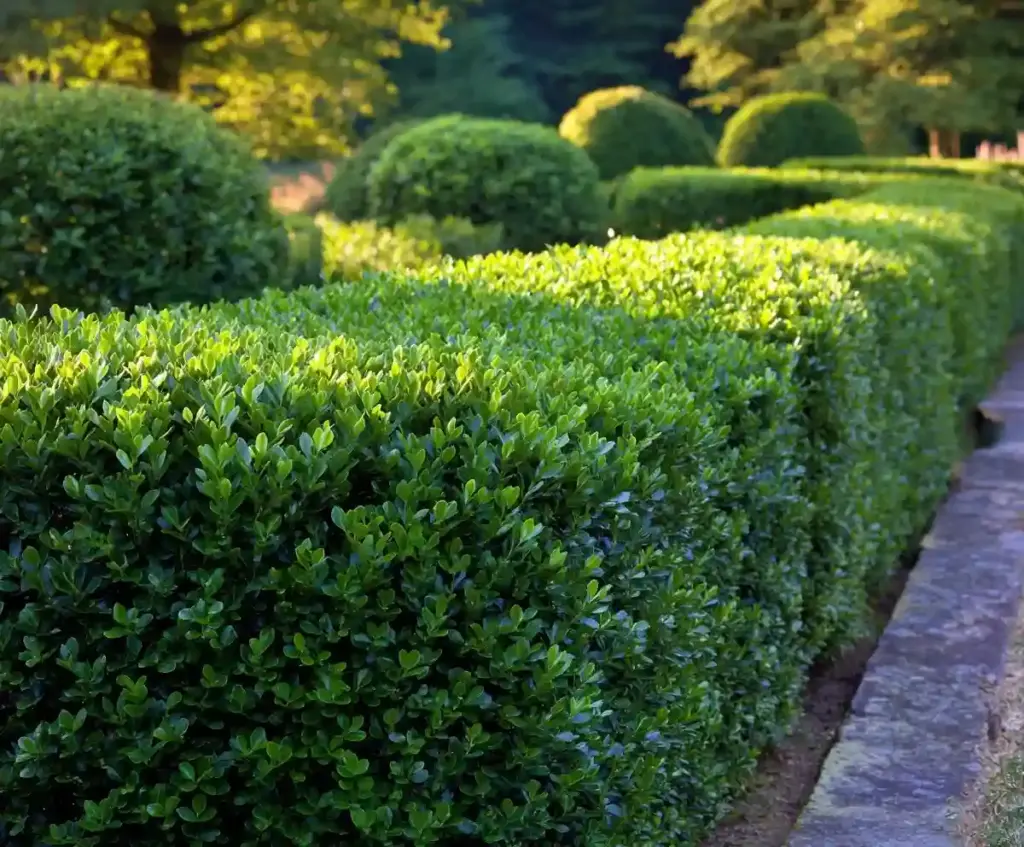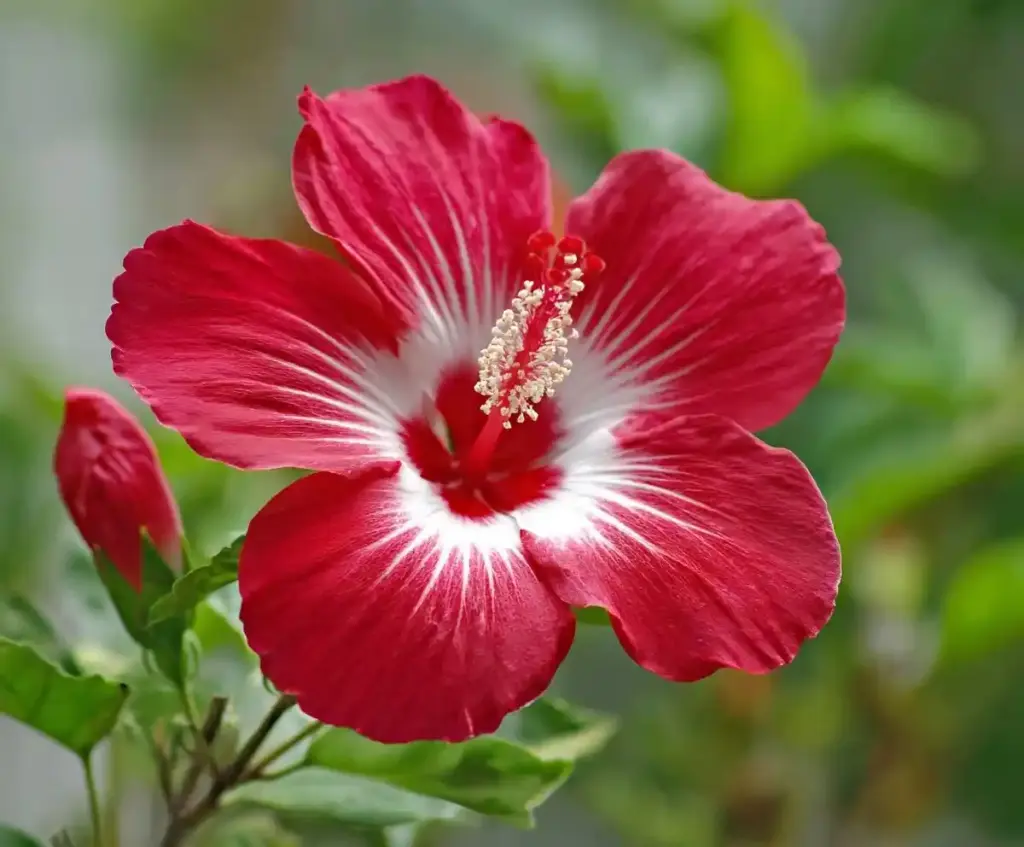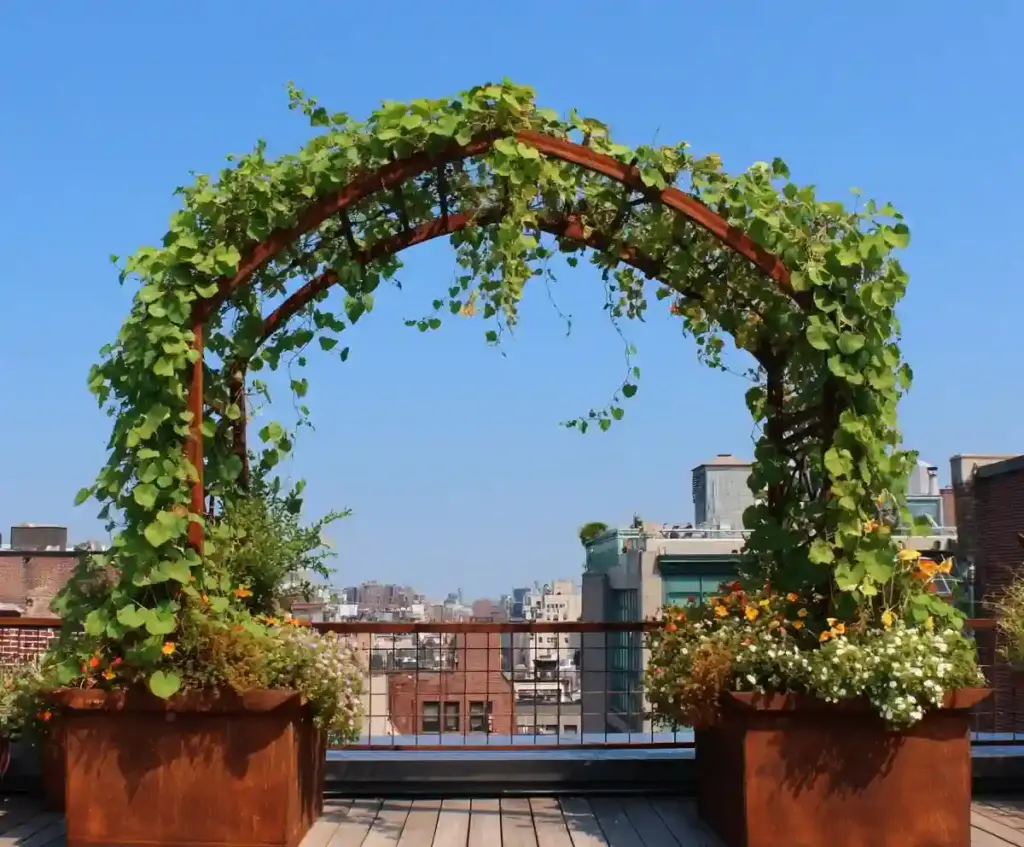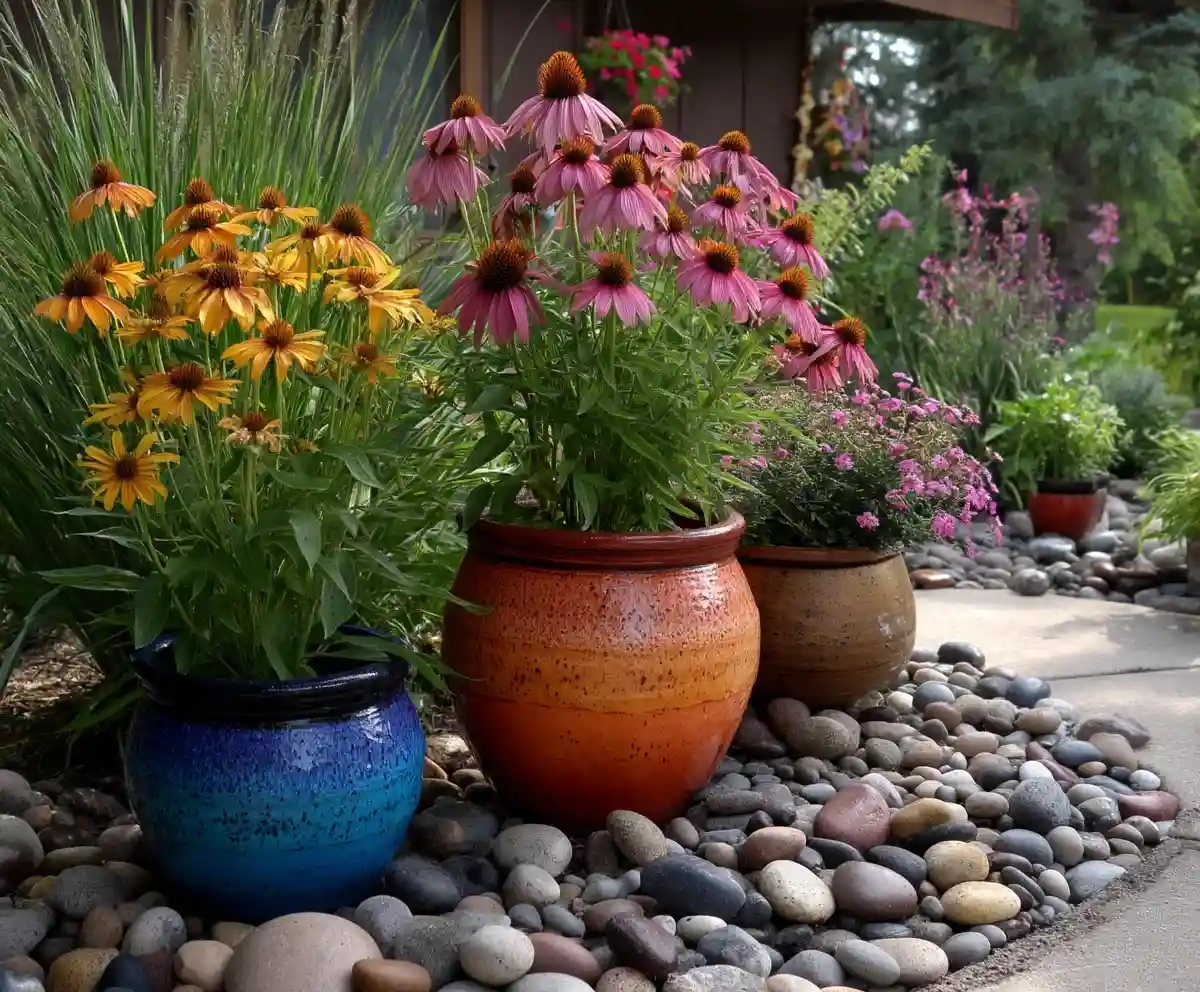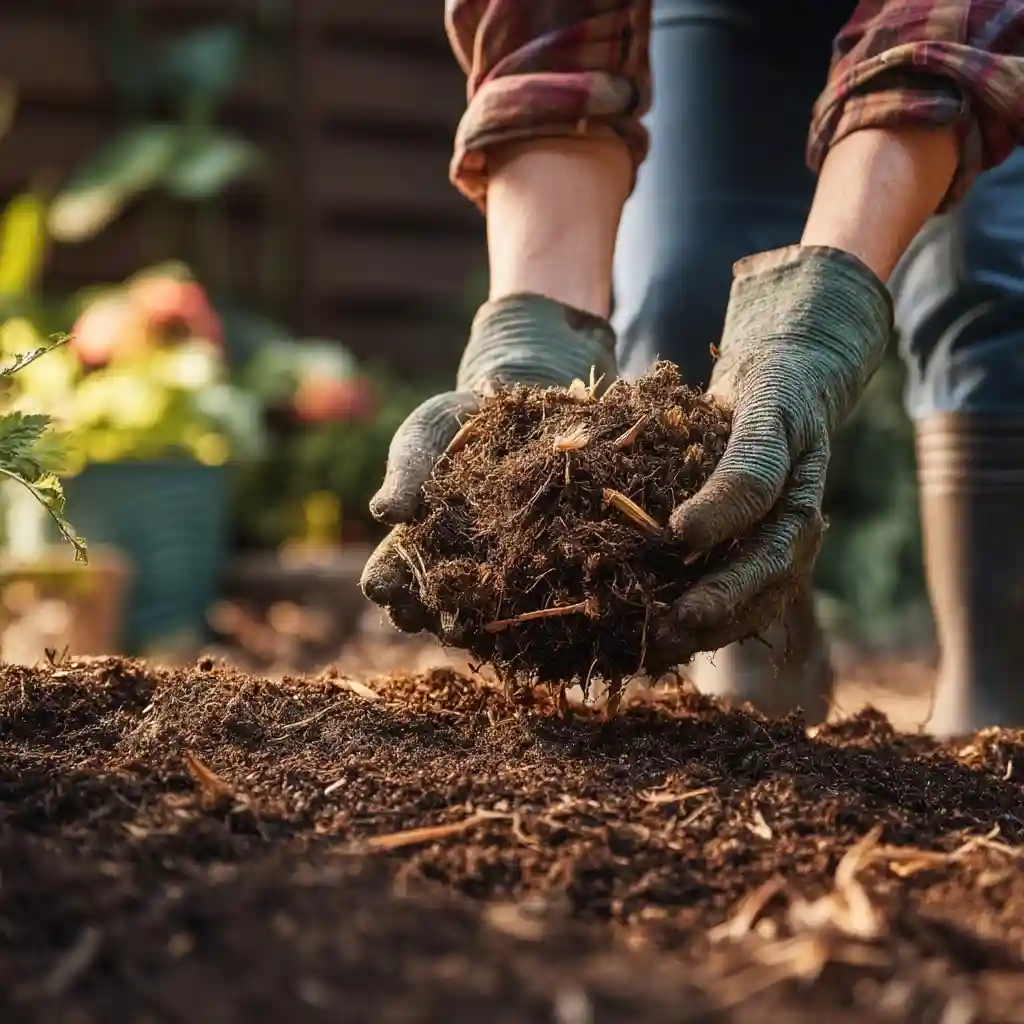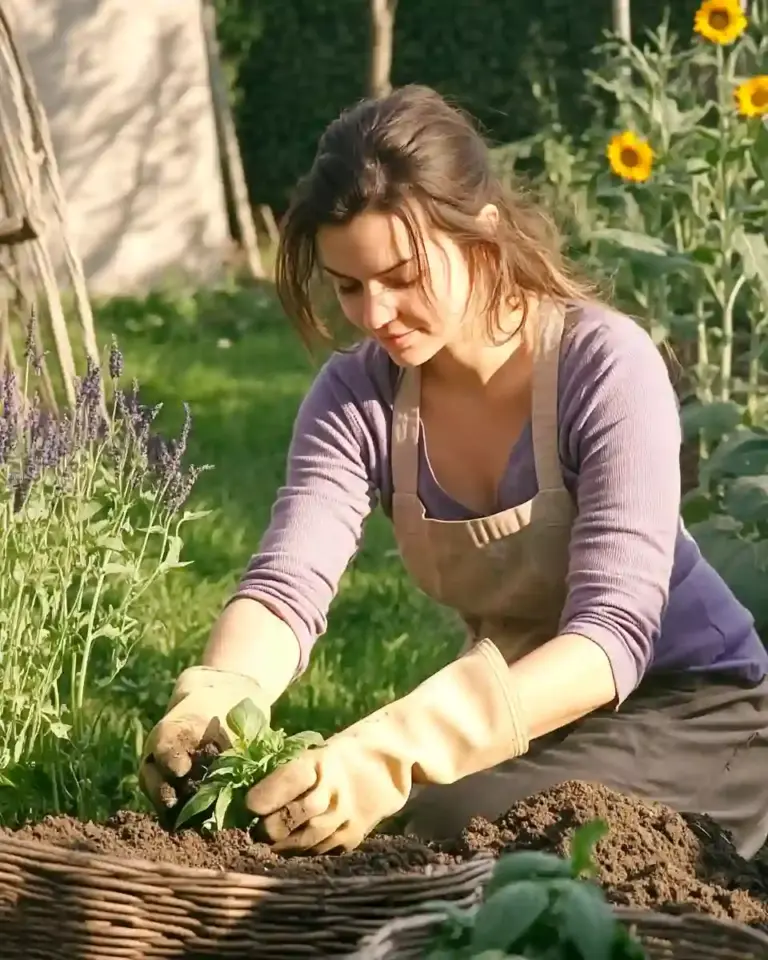Drought tolerant landscaping ideas are essential for creating a beautiful yard that thrives even when rain is scarce. Water restrictions, rising temperatures, and unpredictable weather patterns make it important to choose plants and design methods that conserve moisture while keeping your outdoor space vibrant. By combining smart soil preparation, water-wise planting, and creative garden elements, you can enjoy a stunning, low-maintenance landscape that requires minimal watering.
Table of Contents
1. Amend the Soil with Organic Matter
Healthy soil is the foundation of successful drought tolerant landscaping ideas. Before planting anything, take time to enrich your soil with organic matter. Compost, aged manure, peat moss, or even decomposed leaves improve the soil’s ability to retain moisture while promoting strong root growth.
Soils that are rich in organic material act like a sponge—they capture rainwater that might otherwise run off hard, dry ground. This extra moisture can sustain your plants longer between waterings, helping your landscape stay green and thriving even during extended dry periods.
Pro Tip: Work organic matter into the top 6 to 8 inches of soil for the best results. Over time, your soil will become softer, more fertile, and better equipped to support drought-resistant plants.
2. Cover Bare Ground
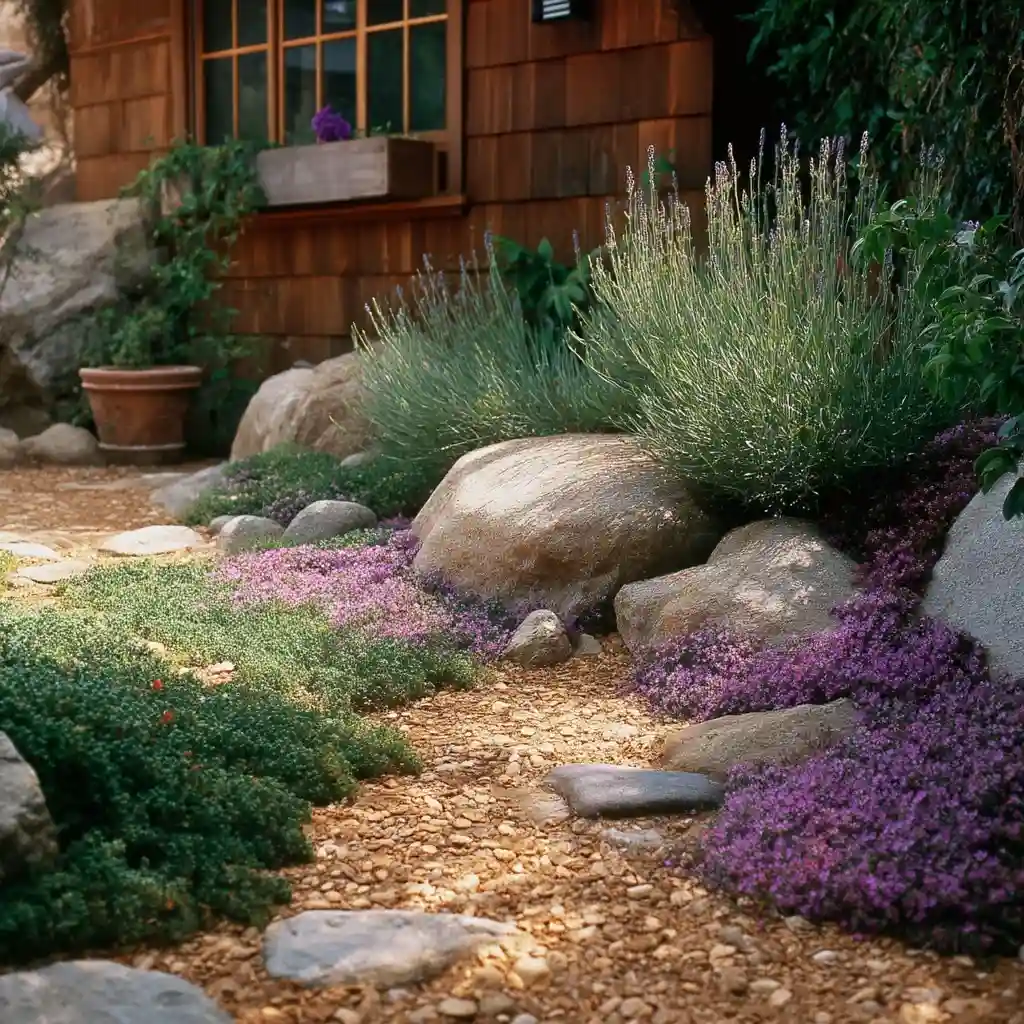
Leaving soil exposed to the sun is one of the quickest ways to lose moisture in your garden. A core principle in drought tolerant landscaping ideas is to cover bare ground. Open soil heats up and dries out rapidly, creating tough, compacted conditions where water runs off instead of soaking in.
To protect your garden, use a groundcover solution:
- Mulch: Organic mulch, like shredded bark or compost, keeps the soil cooler and moist for longer.
- Drought-tolerant groundcovers: Low-growing plants like sedum, creeping thyme, or ice plant create a living carpet that shields soil from direct sun.
Covered soil not only locks in moisture but also prevents weeds from competing with your plants for limited water resources.
3. Use the Right Mulch
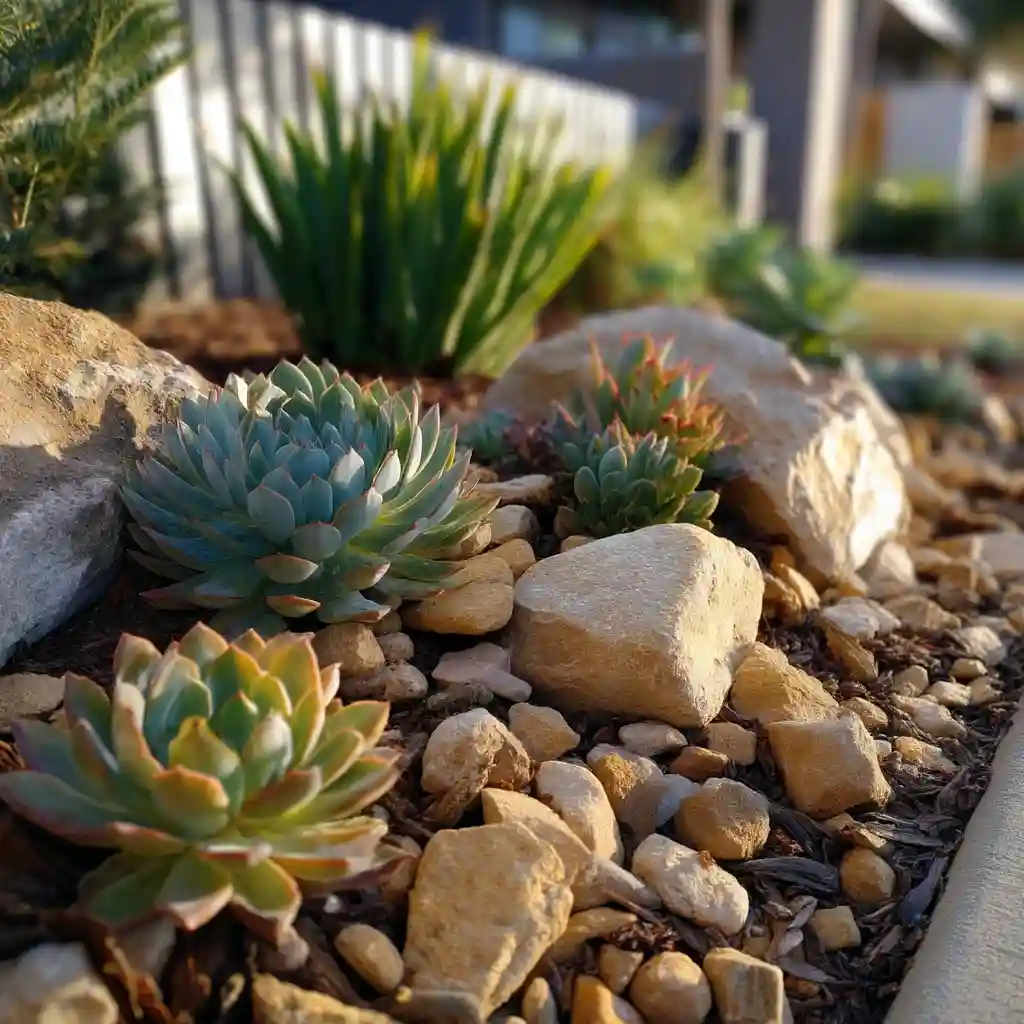
Choosing the correct mulch is crucial for successful drought tolerant landscaping ideas. Mulch acts as a protective blanket for your soil, slowing evaporation and keeping plant roots cool. However, not all mulches work the same way in dry gardens.
- Organic mulches like shredded bark, straw, or compost are excellent for most plants because they slowly break down and improve soil health.
- Inorganic mulches such as gravel, pebbles, or crushed stone are perfect for succulents, cacti, and other desert plants that prefer drier conditions.
When applying mulch, keep a small gap around the base of each plant to prevent rot. Using the right mulch will reduce your watering needs and give your landscape a polished, low-maintenance finish.
4. Say Yay to Gray
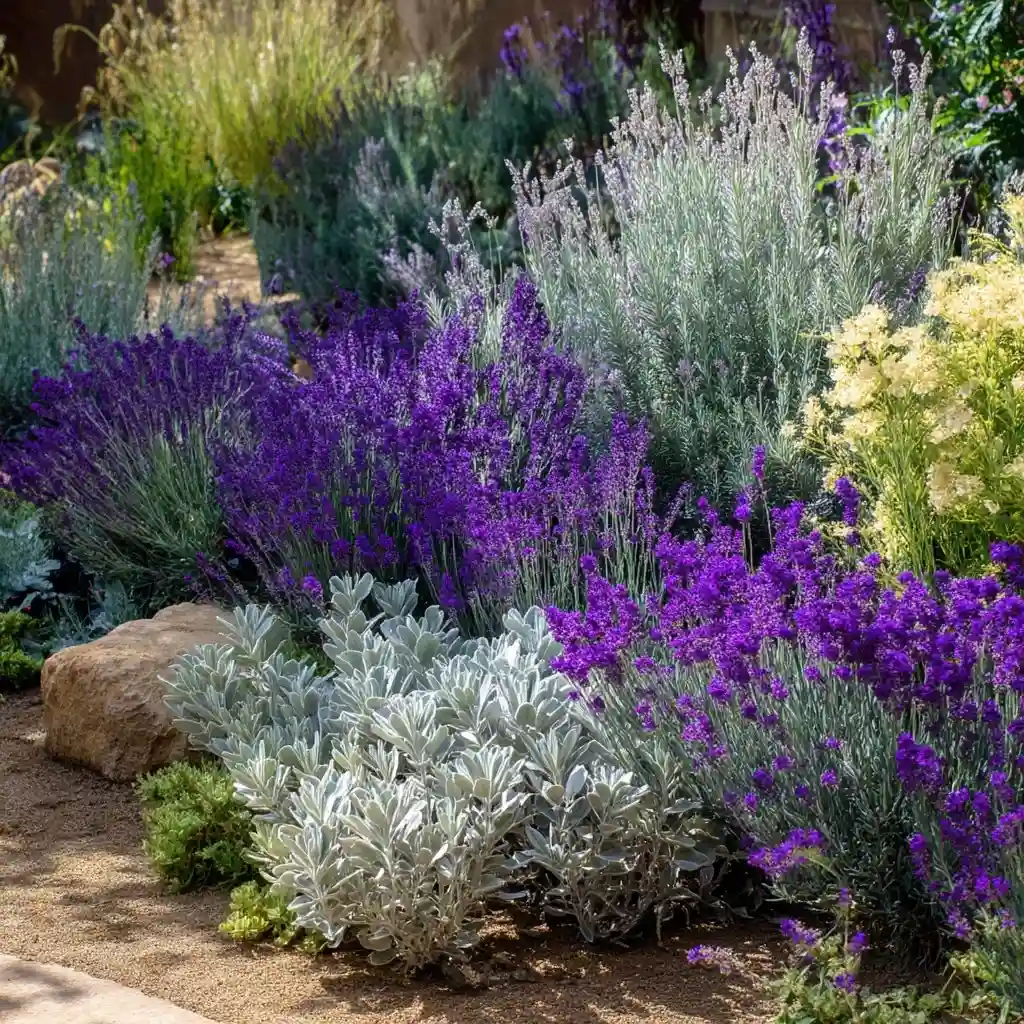
When planning drought tolerant landscaping ideas, look for plants with gray or silver foliage. These plants are naturally adapted to dry conditions because their fuzzy or reflective leaves help reduce water loss.
Great choices for a drought‑friendly yard include:
- Lavender – Fragrant, pollinator‑friendly, and thrives in sunny, dry spots.
- Dusty miller – Its silvery leaves add contrast and texture to flower beds.
- Lamb’s ears – Soft, velvety leaves that can handle heat and drought.
- Santolina – A low, mounding shrub with bright yellow blooms.
Adding gray‑toned plants not only reduces watering needs but also creates a visually appealing landscape with soft, natural color contrast.
5. Take on a Prickly Attitude
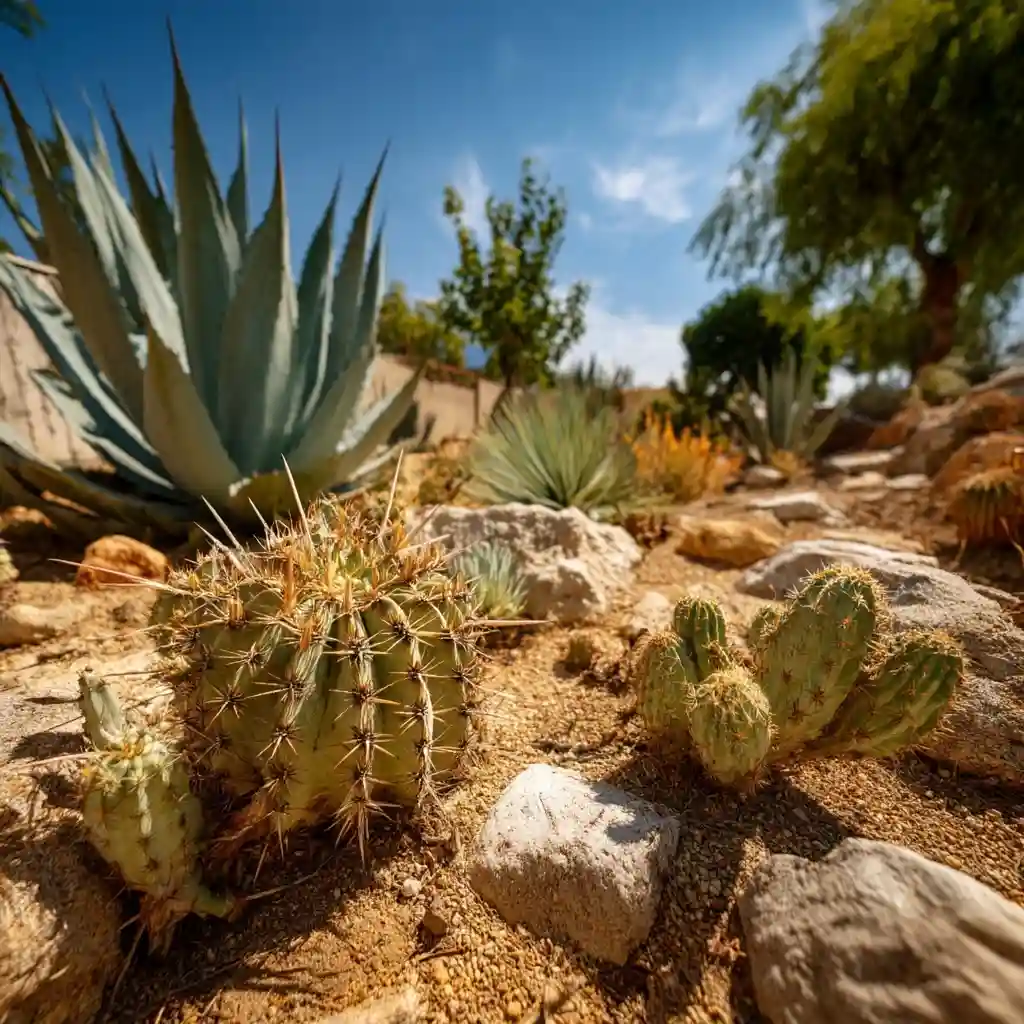
Adding spiky, thorny plants is a smart move in drought tolerant landscaping ideas. Plants with thorns or spines are often built for survival in hot, dry conditions, making them perfect for low‑water gardens.
Cacti are the most iconic example. They store water in their thick stems and thrive with minimal care, but make sure to choose varieties that are hardy for your climate. If cacti aren’t your style, other thorny or spiky options like agave or barrel cactus can provide bold architectural interest to your landscape.
These “prickly” plants do more than survive—they create texture, focal points, and a unique desert‑inspired look while keeping your water bill low.
6. Say Hello to Succulents
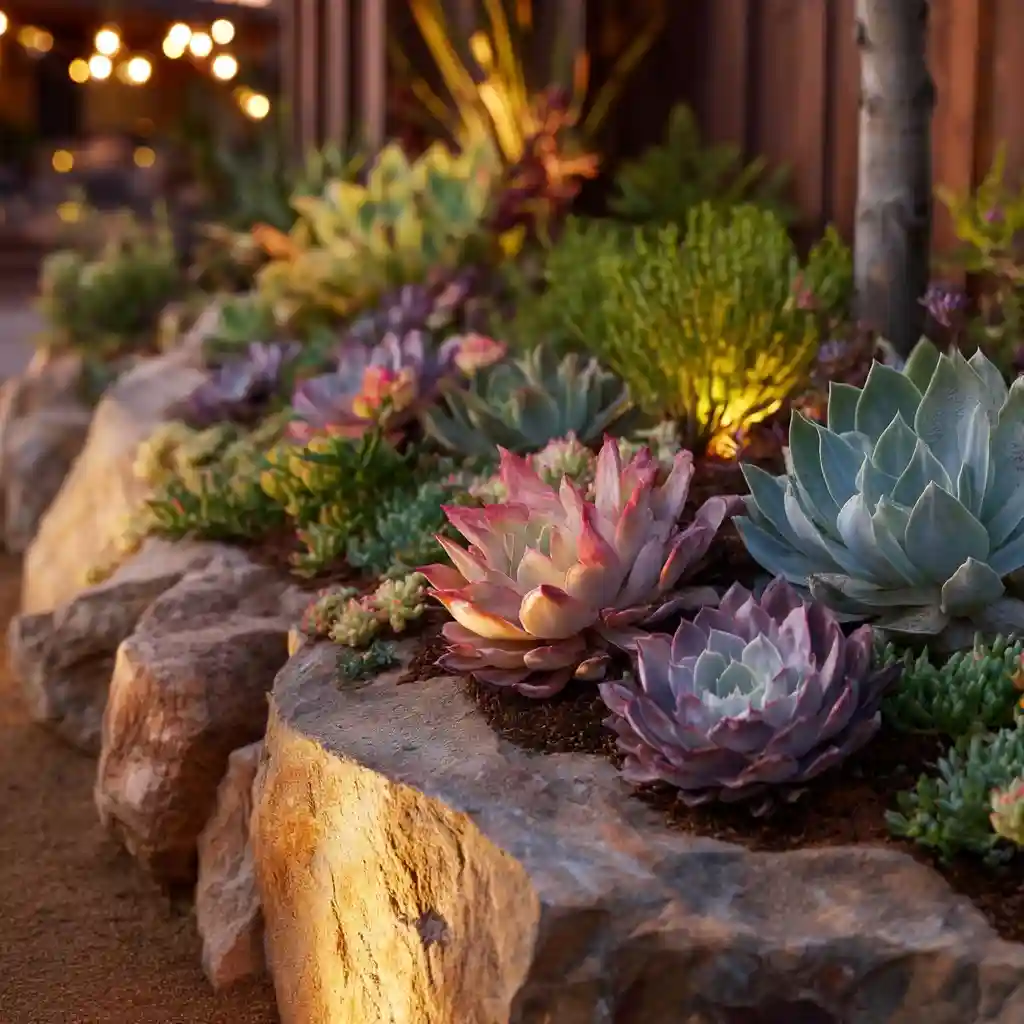
Succulents are a staple in drought tolerant landscaping ideas because they store water in their thick, fleshy leaves, allowing them to thrive through long dry spells. These low‑maintenance plants come in a variety of shapes, sizes, and colors, making them perfect for creative garden designs.
Some excellent options include:
- Sedum – Works well as a groundcover or in rock gardens.
- Echeveria – Rosette‑shaped succulents ideal for container arrangements.
- Aloe and Agave – Sculptural plants that make striking focal points.
Planting succulents in groups or mixing them with gravel and decorative stones can give your yard a modern, desert‑inspired aesthetic while minimizing water usage.
7. Get That Grassy Feeling
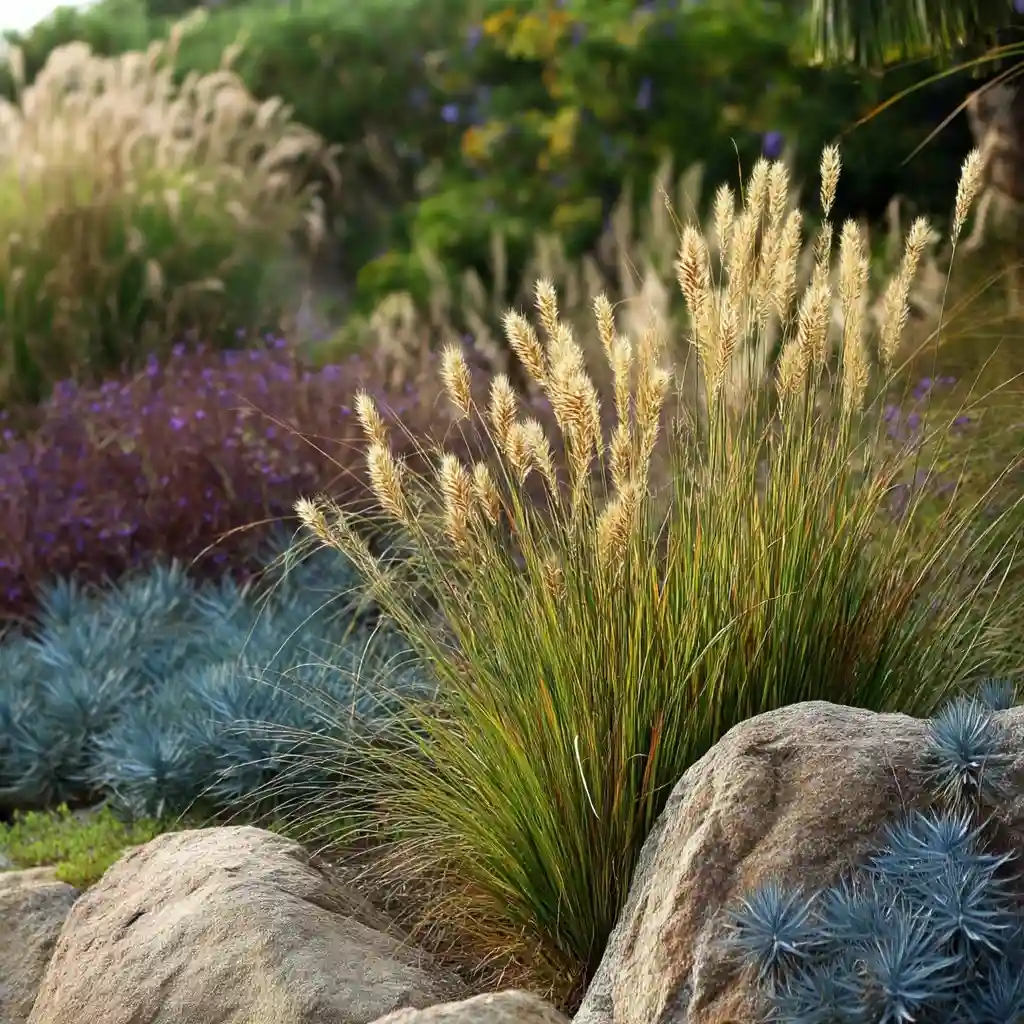
Ornamental grasses are an excellent addition to drought tolerant landscaping ideas, providing movement, texture, and visual interest without demanding much water. Many varieties are naturally adapted to dry climates, making them ideal for low‑maintenance yards.
Popular drought‑friendly grasses include:
- Blue fescue – Compact and clump‑forming with silvery‑blue foliage.
- Feather reed grass – Tall, elegant plumes that sway beautifully in the wind.
- Pampas or fountain grass – Adds drama and a soft, flowing texture.
Plant these grasses in clusters or mix them with rocks and flowering perennials for a natural look. Once established, they need minimal watering and can even serve as privacy screens or garden focal points.
8. Save Up for a Rainy Day
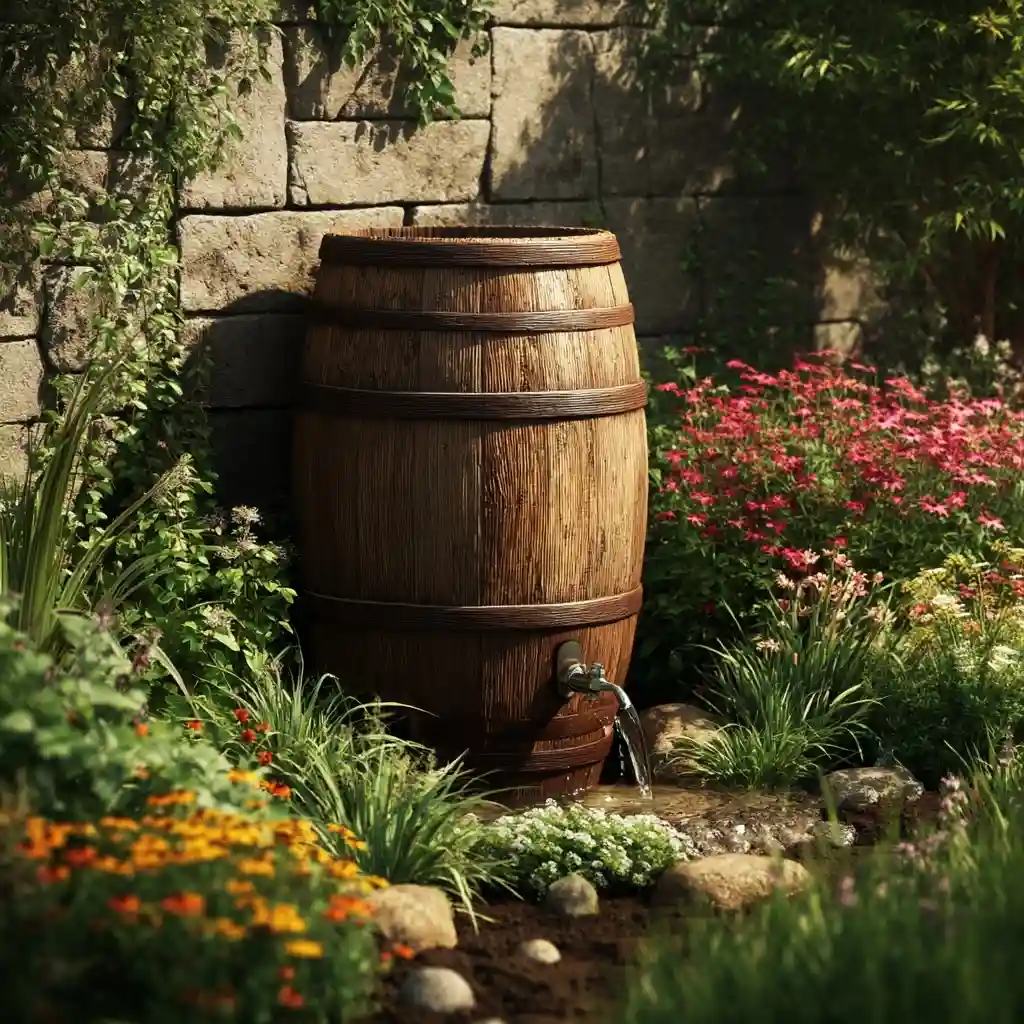
Collecting and reusing rainwater is a practical step in drought tolerant landscaping ideas. Droughts remind us how valuable every drop of water is, and a rainwater collection system can help keep your garden thriving during dry spells.
Simple ways to harvest rainwater include:
- Rain barrels: Connect them to your downspouts to capture roof runoff.
- Cisterns: Larger storage options for homeowners who want extra supply.
- Gravity-fed irrigation: Use stored rainwater to water your plants naturally.
Always check local regulations before installing a rain barrel, as some municipalities have restrictions. By saving and reusing rainwater, you’ll reduce reliance on municipal water and keep your landscape greener with less effort.
9. Water Wisely
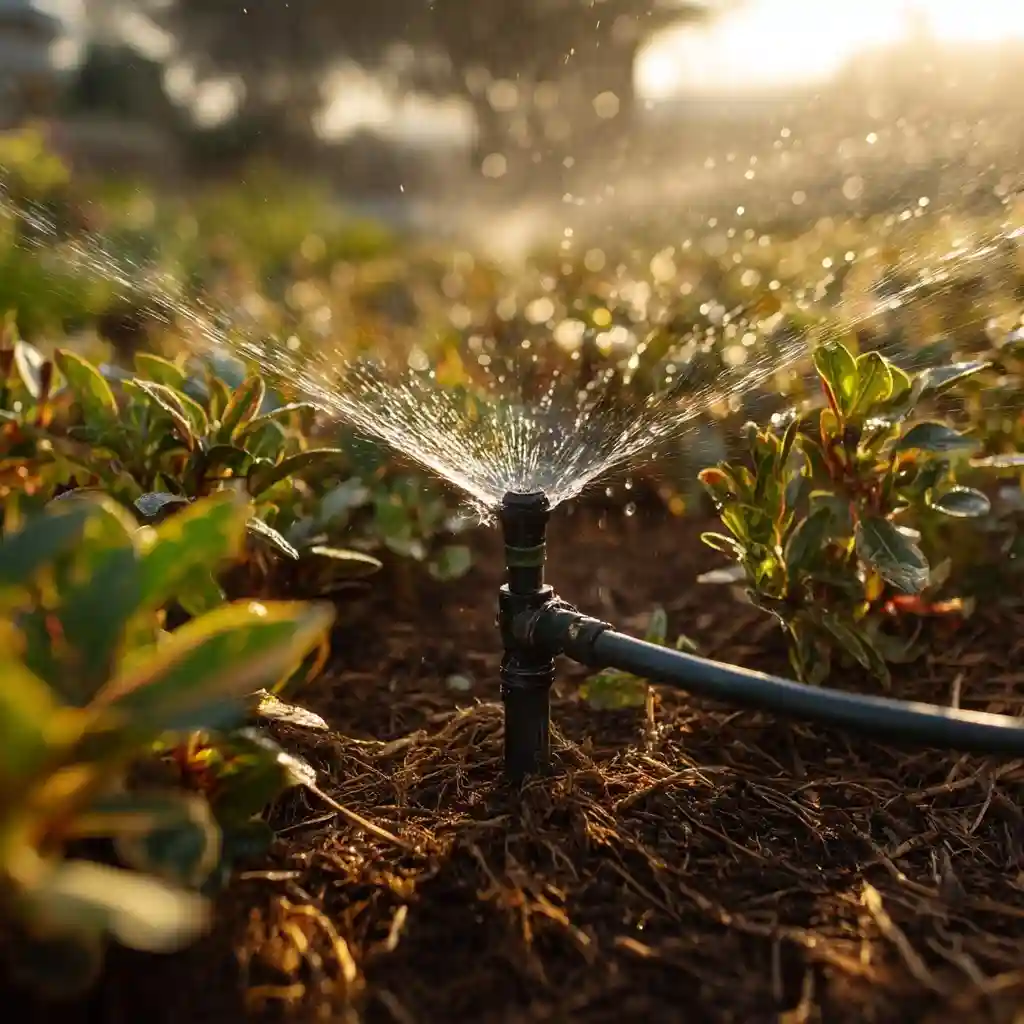
Even with the best drought tolerant landscaping ideas, occasional watering is still necessary—how you water makes all the difference. Strategic watering encourages deep root growth and reduces waste, helping plants withstand long dry periods.
Smart watering practices include:
- Water early in the morning or late evening to minimize evaporation.
- Use drip irrigation or soaker hoses to deliver water directly to the roots.
- Deep, infrequent watering instead of daily sprinkling encourages plants to grow stronger root systems.
By watering wisely, you’ll help your plants thrive on less water, protect your landscaping investment, and conserve one of nature’s most valuable resources.
10. Add Color Creatively
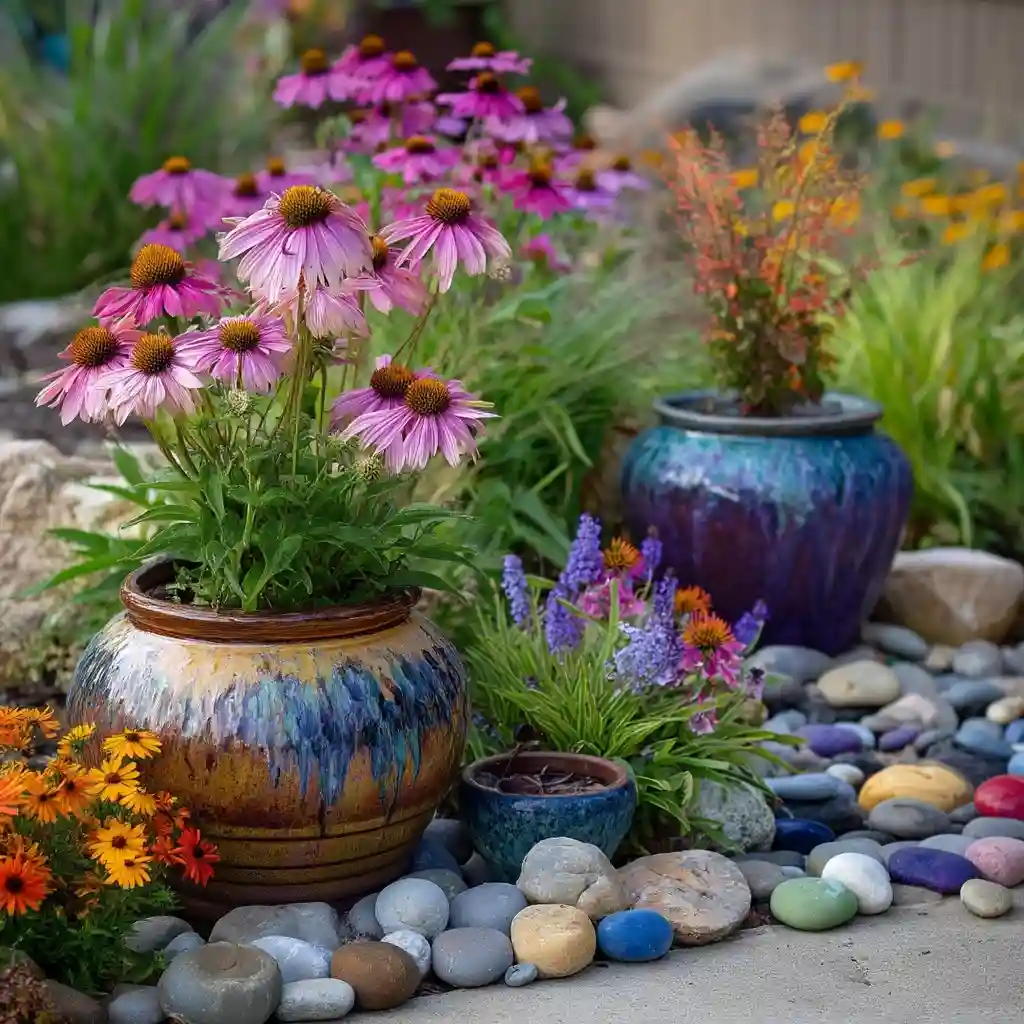
A water‑wise yard doesn’t have to be dull. One of the most enjoyable drought tolerant landscaping ideas is adding color through smart plant choices and creative design. Focus on low‑water flowering plants and decorative elements to keep your garden lively year‑round.
Ways to bring color without extra water:
- Plant drought‑tolerant bloomers like blanket flowers, coneflowers, and lantanas.
- Use colorful pots or gravel to brighten patios and walkways.
- Mix foliage colors—pair silver leaves with deep green or burgundy plants for contrast.
By combining vibrant plants with artistic hardscapes, you can enjoy a colorful, low‑maintenance landscape without the heavy water use of a traditional garden.
Conclusion
Implementing these drought tolerant landscaping ideas allows you to create a stunning outdoor space that thrives even in dry conditions. From improving your soil to choosing resilient plants and watering wisely, every step reduces water use while keeping your yard vibrant. A well‑planned drought‑friendly landscape saves time, money, and resources while offering long‑lasting beauty.
Start small with one or two strategies and expand as your garden grows. With a thoughtful approach, your yard can flourish without relying heavily on irrigation.
🌿 Love gardening inspiration? Follow me on Pinterest for bold plant ideas, tips, and seasonal color!
More Posts
